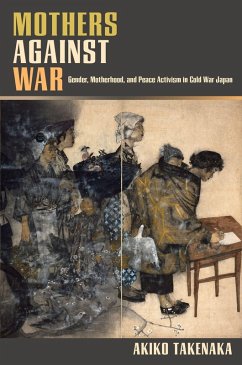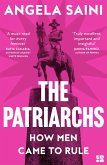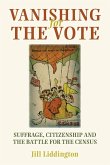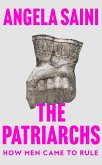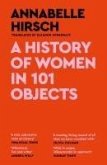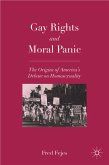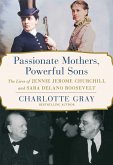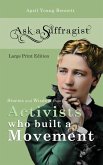"Mothers against war examines the shifting relationships among motherhood, peace activism, and women's rights in the decades following Japan's defeat in 1945. With a focus on the concept of bosei, generally understood to be the "motherly" qualities that are supposedly inherent to women, the book illuminates how popular perceptions of the mother, the child, and the mother-child relationship gradually evolved to create the image that mothers, more than anyone else, protect children from war. This image did not result simply from a mothers' desire to keep their children safe, nor was it the outcome of the Japanese experience of the Asia-Pacific War in which many mothers became widowed or lost their children. Through five instances of peace activism that took place between 1945 and 1980, Mothers Against War argues that the maternal focus of Japanese women's peace activism emerged from a convergence of various interests, including the security alliance between Japan and the U.S., Japan's Cold War-era political strategies, and Japanese women's fight for increased rights. Mothers against war demonstrates how Japanese women's attempts to activate the concept of bosei to gain more rights also worked to confine them into domesticity. This is the first scholarly monograph to make this connection between Japan's matricentric peace activism and the fight for women's rights"--
Hinweis: Dieser Artikel kann nur an eine deutsche Lieferadresse ausgeliefert werden.
Hinweis: Dieser Artikel kann nur an eine deutsche Lieferadresse ausgeliefert werden.

